-94%
Core Principles in Electrophysiology and Board Preparation
Embracing the legacy of the esteemed Board Review Course, the Core Concepts in EP and Board Prep has emerged as an invaluable resource for aspiring Electrophysiology (EP) practitioners seeking to conquer the CCEP Exam. Its meticulously crafted curriculum empowers learners with a comprehensive foundation in EP, ensuring their readiness for the challenges ahead.
Innovative Learning Format
This course seamlessly blends didactic lectures led by renowned EP faculty with interactive case-based workshops, providing an immersive learning experience. The expert guidance and in-depth coverage of the core EP curriculum foster a profound understanding of the complexities of cardiac electrophysiology.
Essential Content
To prepare learners for the rigors of the CCEP Exam, the course offers a comprehensive exploration of the following essential topics:
- Basic Cardiac and Intracardiac Electrophysiology
- Fundamental principles of cardiac electrophysiology
- Anatomy and function of the heart’s electrical conduction system
- Pharmacology of Antiarrhythmic Drugs
- Classification and mechanisms of action of antiarrhythmic medications
- Indications and adverse effects of various antiarrhythmic therapies
- Noninvasive Testing for Arrhythmias
- Techniques and interpretation of electrocardiography and Holter monitoring
- Stress testing and electrophysiology studies
- Atrial and Other Supraventricular Tachycardias
- Diagnosis and management of common supraventricular arrhythmias, including atrial fibrillation, atrial flutter, and paroxysmal supraventricular tachycardia
- Catheter Ablation
- Principles and techniques of catheter ablation for the treatment of atrial and ventricular arrhythmias
- Implantable Cardioverter Defibrillators
- Indications, implantation, and management of implantable cardioverter defibrillators
- Cardiac Pacing
- Indications, techniques, and management of cardiac pacemakers
- Intracardiac Ultrasound in EP
- Role of intracardiac ultrasound in EP procedures, including guidance during catheter ablation
- Transseptal Catheterization Techniques
- Techniques and safety considerations for transseptal catheterization in EP procedures
- Pericardial Access for Epicardial Mapping and Ablation
- Approaches and techniques for accessing the pericardial space for epicardial mapping and ablation
- Complications of EP Procedures
- Potential complications associated with EP procedures, as well as strategies for prevention and management
Program Structure
The course is meticulously designed into five comprehensive sessions, providing a progressive journey through the intricacies of EP:
Session I: Basic Science and Fundamentals of Electrophysiology
- Basic Electrophysiology Principles for the Clinician
- Inherited Ion Channelopathies
- Sinoatrial and Atrioventricular Nodes and His-Purkinje System: Anatomy, Evaluation, Autonomics and Therapy
- Retrograde Conductions
- Workshop #1: Electrocardiographic/Electrophysiologic Correlations
- Physiology and Conduction
- Basic Science and Channelopathies
Session II: Invasive Diagnosis and Treatment
- Use of Overdrive Pacing/Entrainment in Supraventricular Tachycardia
- Principles of Entrainment: Ventricular Tachycardia
- Techniques of Differentiating SVT Mechanisms: Part I
- Techniques of Differentiating SVT Mechanisms: Part II
- Workshop #2 SVT Maneuvers
- Entrainment – VT
- Entrainment – SVT
- Catheter Ablation of Atrial Tachycardia and Typical Atrial Flutter
- Physiology, Mapping and Catheter Ablation of Accessory Pathways
- Workshop #3: SVT Mechanisms/Maneuvers
- Physiology of Catheter Ablation of AV Nodal Reentrant Tachycardia
- Special Workshop: 12 Lead ECG for PVC and VT Localization
Session III: Invasive Diagnosis and Treatment
- Ventricular Tachycardia: Ischemic and Nonischemic Cardiomyopathy and other Unique VT Syndromes
- Workshop #4: SVT and VT Invasive/Noninvasive Correlation
- Wide Complex Tachycardias: Idiopathic VTs, Bundle Branch Reentry, Antidromic Tachycardias – Mechanisms, ECG Manifestations, Invasive Assessment and Ablation
- Workshop #5: Invasive/Noninvasive Correlation
Session IV: Noninvasive Diagnosis and Treatment
- Antiarrhythmic Drugs: Part I
- Antiarrhythmic Drugs: Part II
- Workshop #6: Electrocardiographic/Electrophysiological Correlations
- Mechanisms, Pharmacologic, and Non-Pharmacologic Treatment of Atrial Fibrillation
- Biophysics of Catheter Ablation
- Workshop #7: Electrocardiographic/Electrophysiological Correlations, Atrial Fibrillation, Clinical Scenarios and Syndromes
Session V: Device: Evaluation, Management and Troubleshooting
- Workshop #8: Device Cases
- Workshop #9: Arrhythmia Case Studies
- Special Technology Sessions
- Transseptal Catheterization
- Complications of Electrophysiologic Studies – Avoidance and Treatment
- Use of Intracardiac Ultrasound in Electrophysiology Procedures
- Pericardial Access for Epicardial Mapping and Ablation
- Cardiac Conduction System Pacing – Theory and Practice
- Electroanatomical Mapping – Principles and Pitfalls
Learning Objectives
Upon completion of this comprehensive course, learners will be equipped with the following core competencies:
- Familiarity with current guidelines for evaluating and managing patients with cardiac rhythm disturbances
- Understanding of the role of electrophysiologic testing in managing patients with brady arrhythmias and tachyarrhythmias
- Appreciation of the advantages and limitations of diagnostic electrophysiologic methods
- Comprehensive knowledge of pharmacologic and non-pharmacologic therapies for the treatment of arrhythmias
- Recognition of the basic electrophysiology and genetics of inherited conditions associated with cardiac arrhythmias
- Ability to interpret complex electrophysiologic and electrocardiographic tracings
- Proficiency in interpreting stored electrograms from pacemakers and ICDs
- Familiarity with the role, utility, and limitations of imaging (fluoroscopy, intracardiac echocardiography, electroanatomic mapping) in electrophysiologic procedures
- Understanding of different methods of safely accessing left atrium with transseptal techniques, and pericardial space for electrophysiologic procedures
- Recognition of potential complications of electrophysiologic procedures, strategies for prevention, and management techniques
Target Audience
This course is tailored to meet the specific needs of the following groups:
- EP Fellows
- MDs pursuing the ABIM CCEP Board Certification Exam
- MDs seeking ABIM CCEP Recertification
maybe you like these too:
- Mapping of Atrial Tachycardias post-Atrial Fibrillation Ablation, An Issue of Cardiac Electrophysiology Clinics, 1e (Original PDF from Publisher)
- AANS Comprehensive World Brain Mapping Course 2020 (Videos)
- Malaysian Heart Rhythm Summit (MHRS) 2020 (VIDEOS)
- Mayo Clinic Electrophysiology Manual (Mayo Clinic Scientific Press)


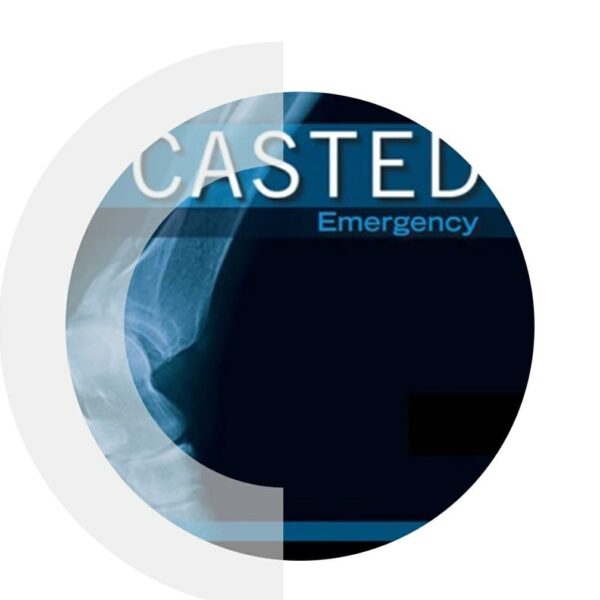
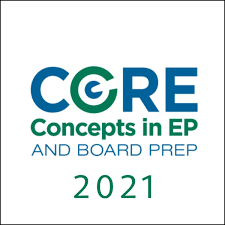
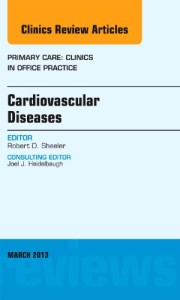
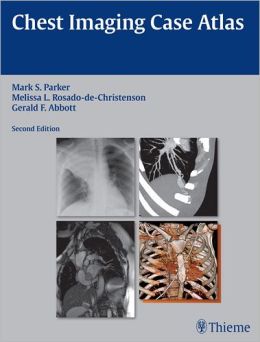
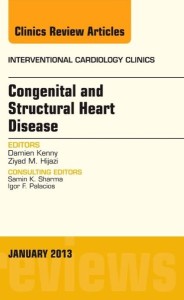

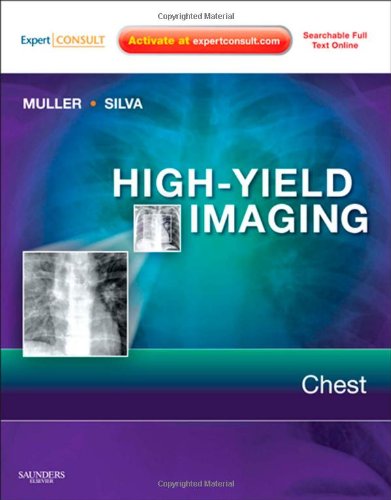
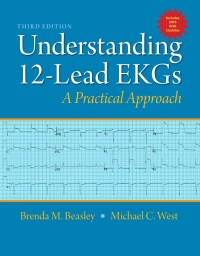
Reviews
Clear filtersThere are no reviews yet.